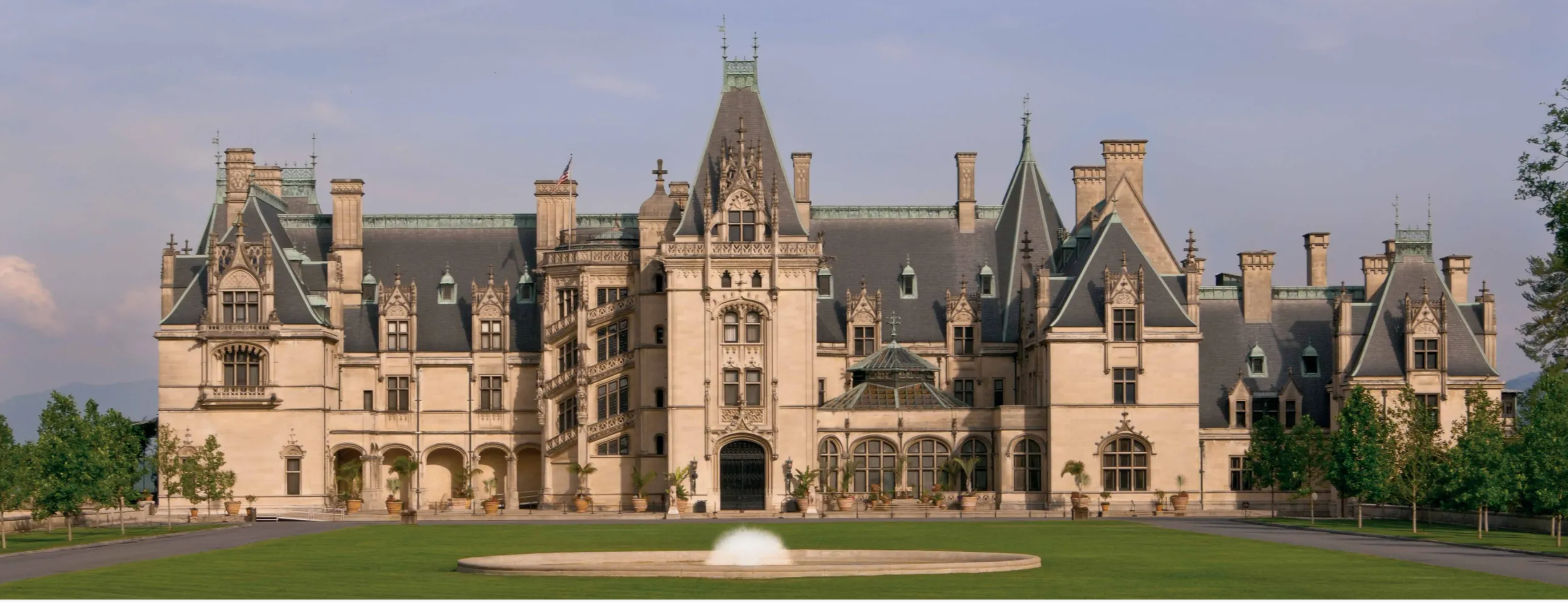The Pros and Cons of Owning Property in a Historic District
https://buymeacoffee.com/kaysogy/the-pros-cons-owning-property-historic-district
 Purchasing property in a historic district can be an exciting opportunity for real estate investors, homeowners, and preservation enthusiasts alike. Historic districts, known for their unique architecture, cultural significance, and charm, offer a lifestyle that is rich in history and community pride. However, buying property in such areas also comes with unique challenges. This article delves into the benefits and drawbacks of owning property in a historic district, helping potential buyers make informed decisions.
Purchasing property in a historic district can be an exciting opportunity for real estate investors, homeowners, and preservation enthusiasts alike. Historic districts, known for their unique architecture, cultural significance, and charm, offer a lifestyle that is rich in history and community pride. However, buying property in such areas also comes with unique challenges. This article delves into the benefits and drawbacks of owning property in a historic district, helping potential buyers make informed decisions.
Pros of Owning Property in a Historic District
1. Unique Architectural Appeal: Properties in historic districts often feature distinctive architectural styles that are hard to find in modern developments. From Victorian mansions to Colonial-style homes, these properties exude character and craftsmanship that add to their aesthetic and market value.
2. Preservation of Property Value: Historic districts typically have strict regulations that protect the architectural integrity of the area. These regulations can prevent undesirable developments, helping to maintain and even increase property values over time.
3. Community Pride and Engagement: Living in a historic district often comes with a sense of belonging and community pride. Residents are typically engaged in preserving the neighborhood’s heritage, creating a strong, cohesive community.
4. Potential Tax Incentives: Many local and federal programs offer tax benefits to property owners who restore or maintain their historic homes. These incentives can significantly reduce the cost of renovations and encourage investment in the property.
5. Increased Tourism and Cultural Significance: Properties in historic districts are often located near cultural landmarks, museums, and other attractions. This can make them appealing for short-term rentals or businesses that thrive on tourism.
Cons of Owning Property in a Historic District
1. Strict Regulations and Restrictions: One of the biggest drawbacks of owning property in a historic district is the strict guidelines for renovations and modifications. Homeowners may need approval from local preservation boards for any changes, which can be time-consuming and costly.
2. Higher Maintenance Costs: Historic homes often require specialized materials and skilled labor for repairs and renovations. Maintaining the original features of the property can lead to higher expenses compared to modern homes.
3. Limited Modernization Options: Due to preservation rules, it may be challenging to modernize the property with energy-efficient systems, updated layouts, or other contemporary conveniences. This limitation can deter some buyers.
4. Potential for Increased Insurance Costs: Historic properties may have higher insurance premiums due to the unique materials and craftsmanship required for repairs. Homeowners should factor these costs into their budget.
5. Possible Decrease in Buyer Pool: While historic homes have niche appeal, their higher maintenance costs and restrictions may limit the pool of interested buyers when it comes time to sell.
1. Research Local Regulations: Before purchasing, understand the guidelines and restrictions imposed by the historic district.
2. Inspect Thoroughly: Hire professionals to inspect the property for structural integrity and potential restoration costs.
3. Consider Financial Incentives: Consider grants, tax credits, or low-interest loans for historic property renovations.
4. Engage with the Community: Connect with local preservation societies to learn about the neighborhood’s history and resources.
5. Plan for Long-Term Ownership: Due to their unique nature, historic properties are often best suited for long-term investments rather than quick flips.
Conclusion: Owning property in a historic district is a unique opportunity to be part of preserving history while enjoying the charm and character of a bygone era. However, careful consideration of the financial, regulatory, and maintenance implications is required. By understanding the pros and cons, prospective buyers can make informed decisions that align with their goals and lifestyle. With proper planning, owning a historic property can be a rewarding experience that combines investment potential with cultural preservation.
Comments
Post a Comment